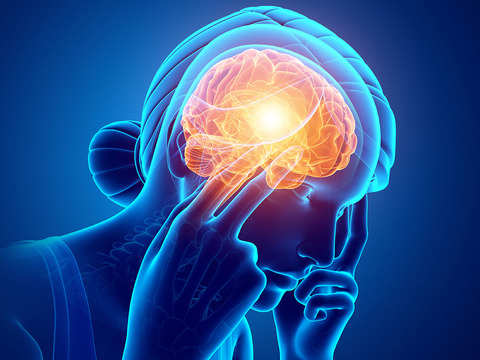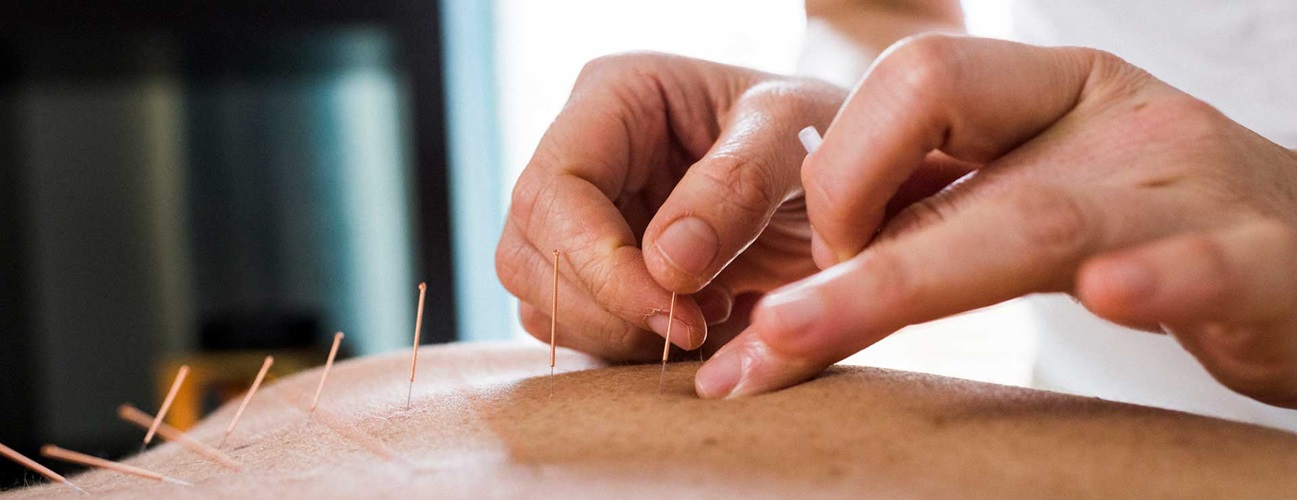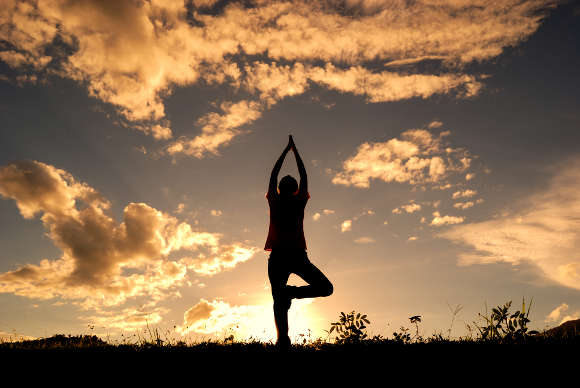Exploring Alternative Medicine: Holistic Healing Modalities
In a world where traditional medicine often focuses on treating symptoms rather than addressing underlying causes, the allure of alternative approaches to healing is undeniable. Welcome to the fascinating realm of holistic healing modalities, where the mind, body, and spirit are seen as interconnected elements of wellness.
Picture this: You walk into a serene space filled with the aroma of essential oils, soothing music playing in the background, and a practitioner who greets you with warmth and empathy. This is your introduction to the world of holistic healing, where the emphasis is not just on curing ailments but on nurturing overall well-being.
So, what exactly is holistic healing? At its core, it's a philosophy that recognizes the interconnectedness of all aspects of our lives – physical, mental, emotional, and spiritual. Rather than viewing health issues in isolation, holistic healing looks at the whole person and seeks to restore balance and harmony to promote healing from within.
One of the key aspects of holistic healing is the belief that the body has an innate ability to heal itself given the right conditions. This perspective shifts the focus from simply managing symptoms to supporting the body's natural healing mechanisms. Instead of relying solely on medication or invasive procedures, holistic modalities often incorporate a diverse range of techniques that work in harmony with the body's own healing processes.
Take acupuncture, for example. Originating from traditional Chinese medicine, acupuncture involves the insertion of thin needles into specific points on the body to stimulate energy flow and promote healing. While this may seem unconventional to some, acupuncture has gained widespread acceptance for its effectiveness in alleviating various conditions, from chronic pain to anxiety and infertility.
Another popular holistic modality is herbal medicine. For centuries, indigenous cultures around the world have relied on the healing properties of plants to address a wide range of health concerns. From soothing teas to potent tinctures, herbal remedies offer a natural alternative to pharmaceutical drugs, often with fewer side effects and greater sustainability. But holistic healing goes beyond just treating physical ailments – it encompasses mental and emotional well-being as well. Practices like meditation, yoga, and mindfulness are integral parts of many holistic approaches, offering tools to reduce stress, enhance self-awareness, and cultivate inner peace.
I remember the first time I experienced the profound effects of meditation. As someone who struggled with anxiety and insomnia, I was sceptical at first. But after just a few weeks of consistent practice, I noticed a significant improvement in my mood, sleep quality, and overall sense of well-being. It was a powerful reminder of the mind-body connection and the transformative potential of holistic healing practices. Of course, holistic healing is not without its sceptics and critics. In a world dominated by evidence-based medicine, some view holistic modalities with suspicion, dismissing them as pseudoscience or placebo effects. And not all alternative therapies are indeed backed by rigorous scientific research. But that doesn't mean they should be written off entirely.
In fact, there is a growing body of evidence supporting the efficacy of many holistic healing modalities. Studies have shown that practices like acupuncture, meditation, and yoga can have tangible benefits for both physical and mental health. And as more researchers delve into the mechanisms behind these practices, we're gaining a deeper understanding of their potential to complement conventional medical treatments. Moreover, holistic healing is not about replacing traditional medicine but rather expanding our toolkit for wellness. By integrating holistic modalities into our healthcare regimen, we can take a more proactive approach to health maintenance and disease prevention. It's about empowering individuals to take charge of their own health and well-being, rather than passively relying on external interventions.
As our society grapples with rising rates of chronic disease, mental health challenges, and healthcare disparities, the need for holistic approaches to healing has never been greater. Whether it's acupuncture for pain management, herbal remedies for immune support, or mindfulness for stress reduction, holistic modalities offer a holistic solution to the complex health issues we face today.
So, are you ready to embark on your own journey into the world of holistic healing? Whether you're seeking relief from a specific ailment, looking to enhance your overall well-being, or simply curious to explore alternative approaches to health and healing, there's a wealth of resources and practitioners waiting to support you on your path. As you delve deeper into the realm of holistic healing, keep an open mind and a curious spirit. Embrace the diversity of modalities and approaches, and trust in your body's innate wisdom to guide you towards wholeness. After all, true healing begins from within.
In conclusion, exploring alternative medicine through holistic healing modalities offers a rich tapestry of ancient wisdom, modern science, and personal empowerment. It's a journey of self-discovery, healing, and transformation that invites us to reconnect with our innate capacity for health and vitality. So, why not take the first step today? Your body, mind, and spirit will thank you for it.









Comments
Post a Comment